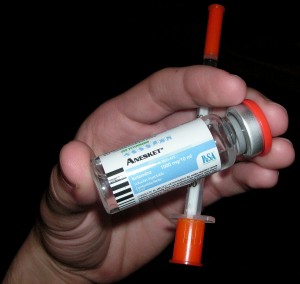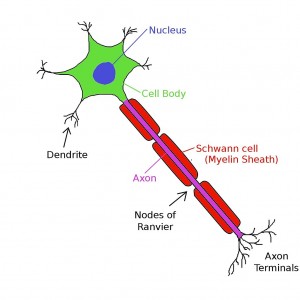Since the dawn of time, every single species that has ever lived has fought hard for their place on the food chain. It follows that the human race has been obsessed with increasing the quality of life ever since we were neanderthals 40,000 years ago working with primitive tools and discovering the use of fire for warmth. Since industrialization roughly 200 years ago, our life expectancy has increased drastically. Before the 19th century, one was considered to have lived a fruitful life if they reached the age of 40. In modern civilization, a study done by the World Health Organization (WHO) indicates that the global life expectancy is now sitting at 71 years of age. What can be attributed to this nearly two-fold increase in lifespan? A healthy lifestyle is the key. It turns out, there are three simple steps one can take which directly lead to a better quality of life.
The effects of regular exercise have been researched countless times. It is the single most effective way to increase quality of life and it’s absolutely free. Not only is it a great prevention mechanism for chronic diseases such as high blood pressure, diabetes and certain types of cancer, it also has long lasting benefits on mental health. As the US National Institute of Health puts it:
No matter what age, one should aim to exercise for at least 20 minutes three to four times a week. Feeling tired should never be an excuse because exercising has been shown to increase energy so get up and get moving!

Exercising via jogging. Courtesy of google images
The effects of stress take a heavy toll on the body. Negative physical effects include fatigue, sleep problems & muscle tension which all significantly reduce the quality of life. Additionally, chronic stress can result in drug or alcohol abuse, increased tobacco consumption and social withdrawal. Managing your stress levels is important to maintaining a healthy life. A highly effective method to combat stress is meditation. Just ten minutes of meditation can reduce anxiety, depression and cure insomnia. Listening to theta waves, which are naturally produced by the brain during deep focus, while meditating puts your brain in an optimal meditative state. Here is a YouTube video courtesy of galaxyhigh73 which features theta waves:

Lastly, watch what you eat. Common knowledge is to avoid products high in sugar and trans-fat, processed foods and eat your vegetables. But did you know that by reducing consumption of meat, specifically red meats, you can increase your life expectancy and feel better mentally? The American Society for Clinical Nutrition states:
By doing just three things, which are all free and require less than one hour of your day, one can immediately feel better, live better and look better.
Brian Wong



